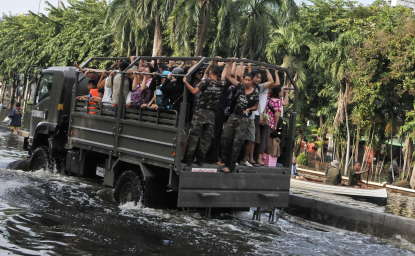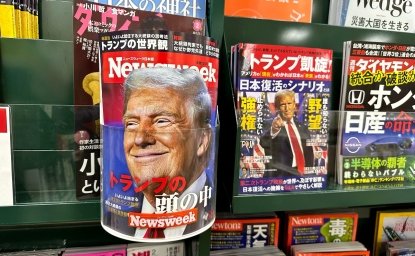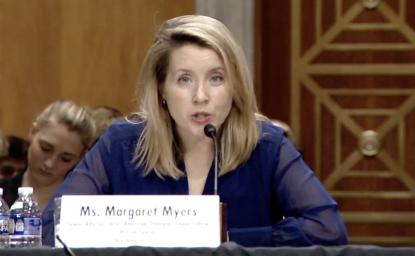Political Transition in Afghanistan: The State, Islam and Civil Society



With the adoption of a new constitution in January 2004 and elections slated for September 2004,Afghanistan stands at a critical turning point in its political development. This Special Report examines the challenges facing Afghanistan in its quest for democracy and stability. Ambassador Said Tayeb Jawad details the promulgation of the new constitution and other successes in Afghanistan’s political transition as well as hurdles such as security and demobilization. William Maley enumerates six major obstacles to peace and governance, emphasizing that time and international commitment are crucial to Afghanistan’s path to peace. Thomas Barfield discusses political Islam in Afghanistan and argues that Afghans, while maintaining a strong Muslim identity, are generally resistant to extreme forms of ideology and radicalism. Sima Wali notes that serious gender inequities persist under the new order, and women, as well as Afghans in general, are not being empowered. Neamat Nojumi points out that indigenous sources of law and local institutions could serve as the basis for wider political participation and the strengthening of civil society.This type of grassroots process could help circumscribe the influence of warlords and external groups that may act as spoilers to Afghanistan’s reconstruction.

Indo-Pacific Program
The Indo-Pacific Program promotes policy debate and intellectual discussions on US interests in the Asia-Pacific as well as political, economic, security, and social issues relating to the world’s most populous and economically dynamic region. Read more


Middle East Program
The Wilson Center’s Middle East Program serves as a crucial resource for the policymaking community and beyond, providing analyses and research that helps inform US foreign policymaking, stimulates public debate, and expands knowledge about issues in the wider Middle East and North Africa (MENA) region. Read more

Explore More
Browse Insights & Analysis
Myanmar’s Junta and the 2026 Elections: A Fig Leaf for Legitimacy?

Climate Change, Peace and Security: Discourse Versus Action in Asia

